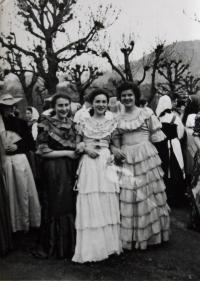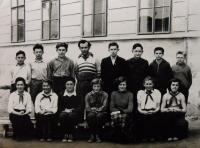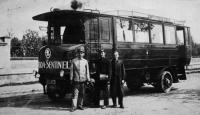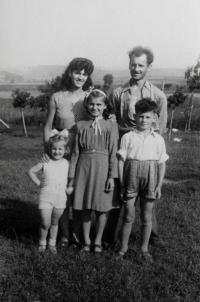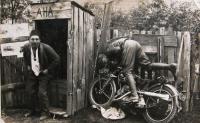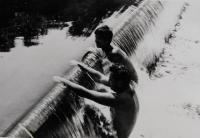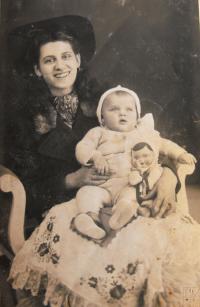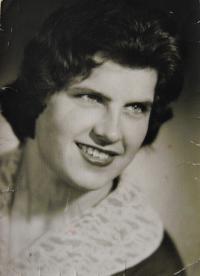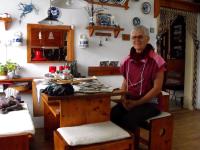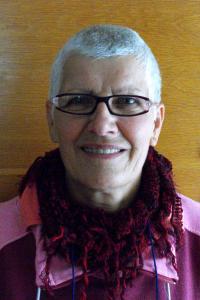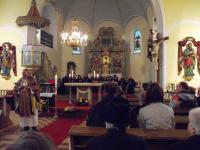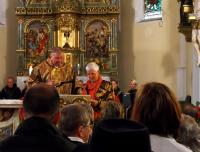With a song on my lips and God in my heart
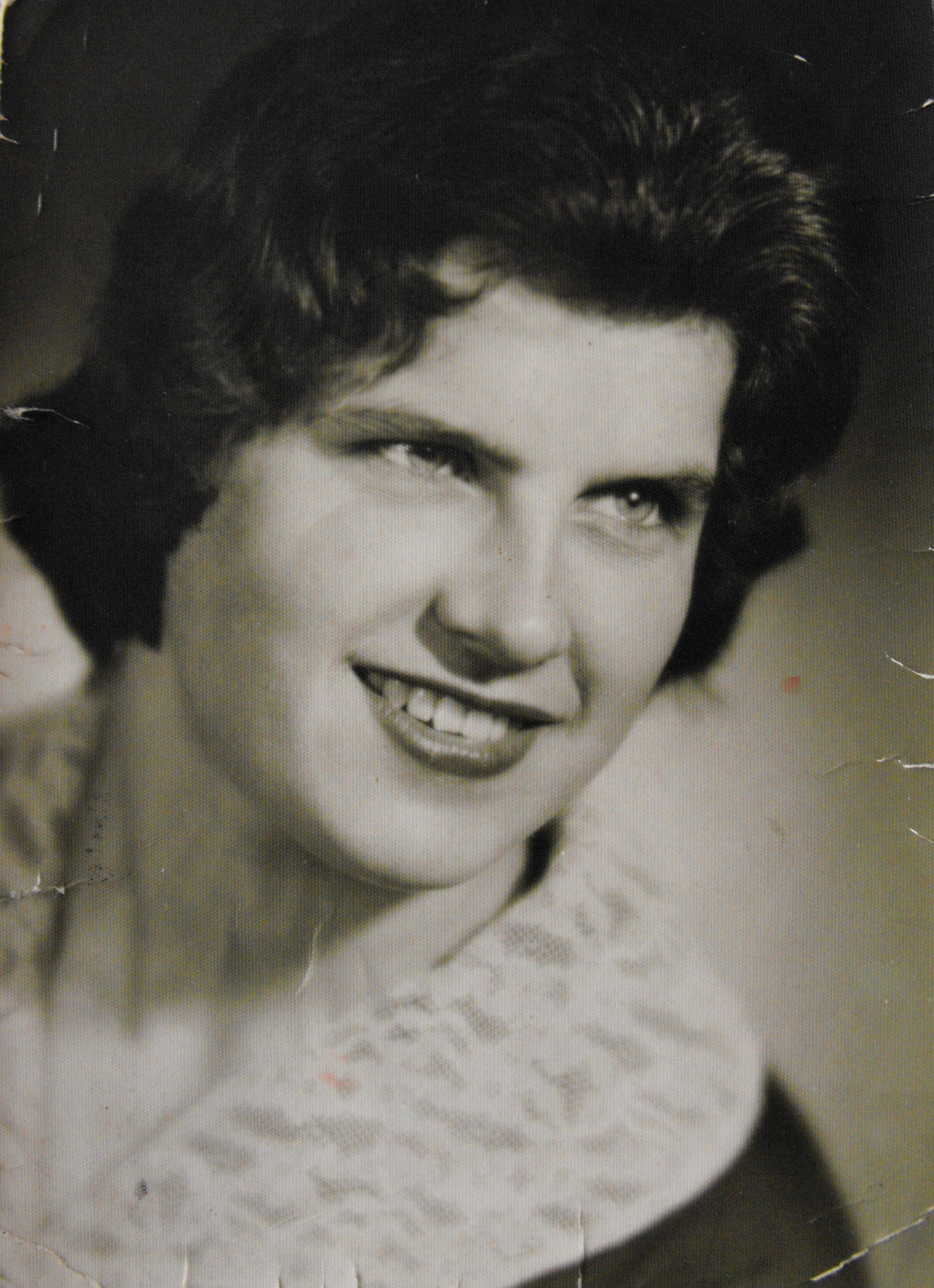
Download image
Věra Smržová, née Zelenková, was born in 1942 in Prague, but the family soon moved to Pilsen, where they witnessed the city’s liberation by the American army and the end of the war. During the expulsion of Germans, Věra’s grandfather was killed by Germans in Vroutek near Podbořany. The family gained a house and workshop as compensation, and in 1946 they moved to Vroutek. Věra’s father ran a mechanic’s workshop there and established a private company, but a few years later officials closed it down and confiscated all the property, regardless of the large loan that the family was repaying. In 1957 Věra secretly joined the Pioneer Organisation of the Union of Socialist Youth, so that she could study a secondary teaching school in Carlsbad, where she became a Pioneer leader, joining further youth groups. Her Christian faith, which she had been brought up in from her childhood, was slowly disappearing. After graduating in 1961 Věra was given a place at a small village school in Kraslice, where she worked as a teacher until her retirement. In 1964 she married Zdeněk Smrž, they brought up two sons. In the early 1990s a profound mystical experience caused her to return to the Catholic faith. Věra Smržová lives in Kraslice.
